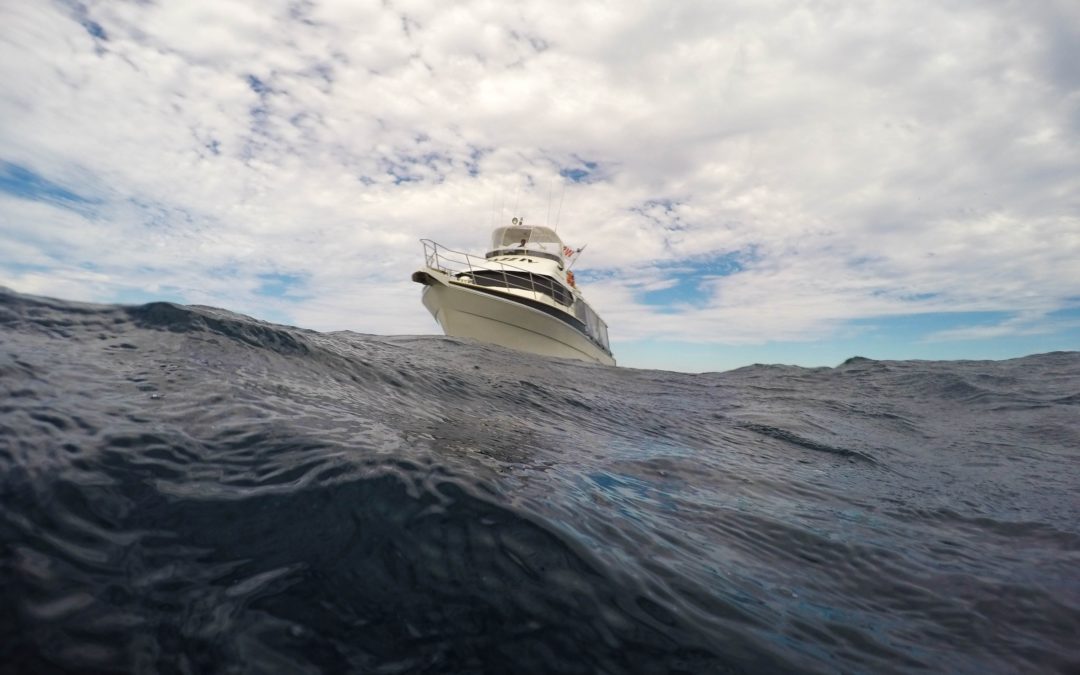A DUI on a boat is a BUI, which is short for boating under the influence. But people do ask how DUI laws apply to people who are operating a boat. They are essentially the same with some nuances. Many people don’t know there are specific BUI laws, or that there are specific boating laws that must be followed when boating within the state.
Florida is known for its tourism. It isn’t unreasonable to expect that over 100 million people will visit this state annually. Many people, residents and tourists, want to enjoy all that Florida has to offer, including the water. But remember that lack of knowledge or understanding of the boating laws are not defenses to the law, if broken.
Keep in mind that unlike on land, where law enforcement needs reasonable suspicion to believe a crime has occured prior to stopping your vehicle, on the water. Law enforcement patrolling the waters can stop your boat simply to conduct a safety inspection. These routine inspections can easily turn into BUI investigations.
Common Misunderstandings
Drinking on a boat is not illegal. However, being impaired and operating one very much is. What defines being impaired? For anyone 21 or over, it is a blood alcohol content (BAC) of .08% or higher. It drops to .02% for someone under the age of 21. An officer (using his or her subjective judgment) may suspect that your normal faculties are impaired.
There are different penalties (increasing in severity) for the number of offenses you have. If you have a DUI and then get BUI, does that count as one offense or two? The answer is two.
Lastly, these laws pertain to you whether you are on a jet ski, kayak or even a paddleboard. The absence of a motor does not make you exempt.
Penalties
Most people have more experience driving a car than they do operating a boat. For those new to boating, the rules and environmental conditions add a level of complexity. Local law enforcement does not take boating any less seriously than they do driving a vehicle. There are even minimum fines and punishments to deter drinking and boating.
For instance, if someone is in a boating accident with a blood alcohol content of .15%, the penalty is steep. And it is even more so if a minor is on board. This could come with a sentence of up to nine months and jail along with a $1,000-$2,000 fine.
If someone is seriously injured, it is a felony—up to five years in prison and $5,000 in fines.
Who Is The Operator?
It isn’t uncommon for people to take turns driving boats—especially when water sports are involved. Whoever drives the vessel is responsible for doing so lawfully. And if the officer does not know who was driving, it will fall on whomever the boat is registered to. The owner or the renter of the boat has an added layer of responsibility and obligation.
Puglisi Law
If you have been arrested and charged with a crime, contact Puglisi Law for your free consultation. Don’t make the mistake of assuming guilt. Let the attorneys at Puglisi Law advise of your rights and ensure that you receive outstanding representation.



